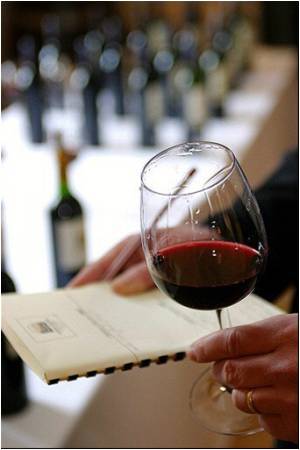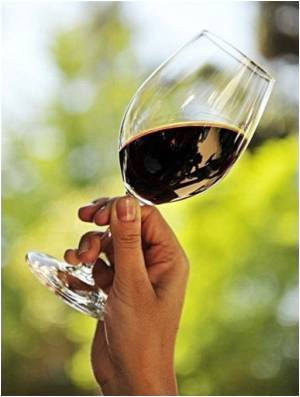
"From January 1, 2012, we won't be allowed to use the name 'port' on the labels. But everything that has been bottled before next year can sell," said Carel Nel, president of the South African Port Producers' Association.
"We are not happy with it, but what can we do?" he said. "We only produce 200,000 to 300,000 cases a year, against more than 10 million cases in Portugal."
South Africa has produced port since the early 19th century with Calitzdorp's soils, hot summers and chilly winters particularly suitable for the Portuguese varietals.
"The soils here are similar to the ones found in the Douro valley, in Portugal," said his cousin Boets Nel, owner and winemaker at De Krans.
"We can really compete in the terms of quality with the best of Portugal."
Advertisement
It has already been in place since 2002 for exports, which make up less than 15 percent of sales.
Advertisement
The fortified wines have long drawn visitors to Calitzdorp's tasting rooms on Route 62, which winds eastward from near Cape Town, with boutique producers alongside larger operations.
Found in vintage traditional styles to coffee tinged offerings, port is such a dominant feature in the town that it is celebrated in an annual festival.
"What I heard is that the Portuguese said they would let us use the name if we gave them fishing rights (in South African waters). And the South African government did not agree," said producer Peter Bayly, whose vineyard is surrounded by a high electric fence to ward off baboons.
The wine growers were meant to be helped with the conversion with 15 million euros ($20.6 million) from the Europeans. But Pretoria did not ratify a later agreement and not a penny has reached the vineyards.
The South African government did not respond to requests for further information.
However, the local port experts plan to continue to borrow the name for marketing, using "port-like wine" if necessary.
"As far as I know, the agreement with the EU is only about labelling. The whole thing is the packaging," said Boets Nel.
"The market will still call it port for a long time. It won't stop like that."
And they are confident that the quality of their wines will withstand the loss of the "port" title, with the locally unique brands in place for around a decade.
"Our ports are so good, they are some of the best in the world," said Carel Nel who is the owner and winemaker at Boplaas and says South Africa's ports are 10 times better than the Portuguese in terms of value for money.
"In the long term, the names Cape Ruby, Cape Tawny and Cape Vintage will become international trademarks, and we will do better than the Portuguese wines."
Source-AFP









